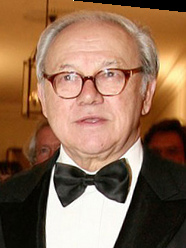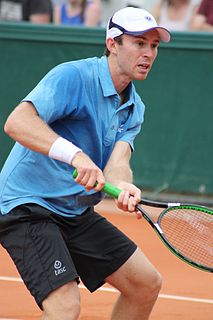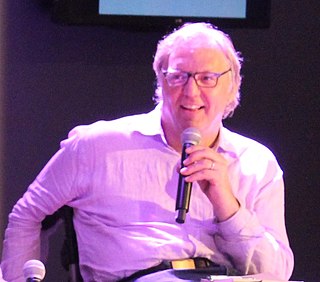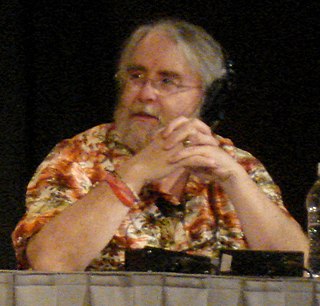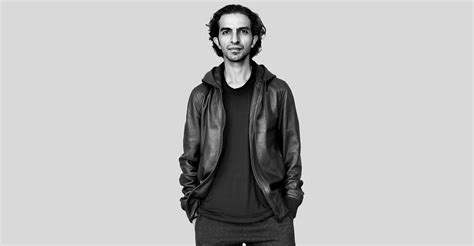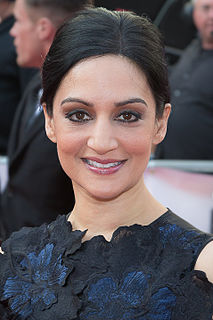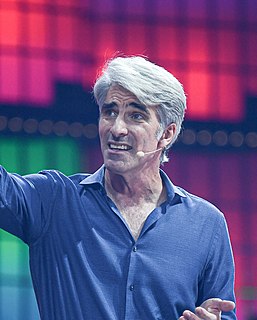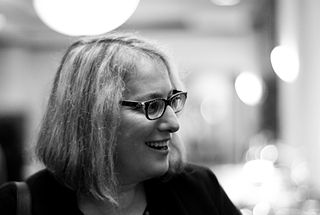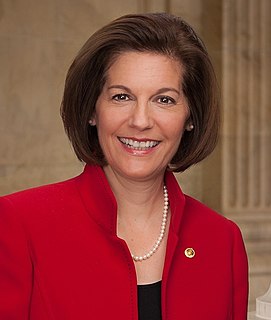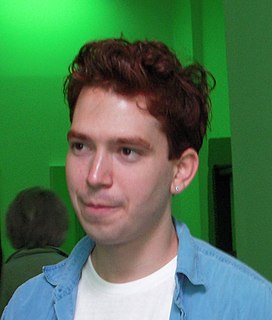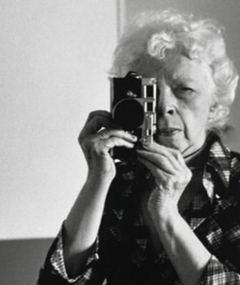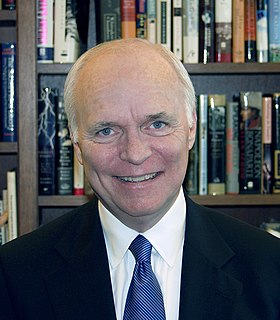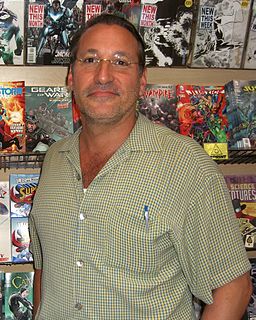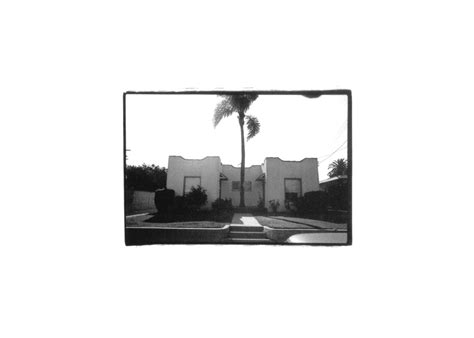Top 1200 Information Technology Quotes & Sayings - Page 18
Explore popular Information Technology quotes.
Last updated on November 15, 2024.
The promise of the Internet-as-Alexandria is more than the rolling plenitude of information. It's the ability of individuals to choreograph that information in idiosyncratic ways, the hope that individuals might feel invited by the gravitational pull of a broad and open commons to 'rip, mix, and burn' - to curate.
I think every journalist understands when they are the beneficiary of hot information that, yes, they have a scoop, but they're also being used. Part of your responsibility as a journalist is to tell the story of why that information is coming to you, consistent with the ground rules of your sourcing.
Allowing short selling is allowing people to sell - instead of having to buy the stock and then sell it, which doesn't do much; allow them to sell it, and then buy it. In which case they can express that information and the idea is that you would get more accurate valuation of companies by letting people express both their positive information and their negative information through either long or short selling.
But new details drawn from government documents and interviews show that senior White House aides were given information at the time suggesting that a prostitute was an overnight guest in the hotel room of a presidential advance-team member - yet that information was never thoroughly investigated or publicly acknowledged.
I can tell you, Obamacare, I have been stunned by the pratfalls associated with its implementation. I simply can't understand how a president that had such an effective technology campaign and has such support among the technology community members could have put in place the implementation of Obamacare as ineffectively as he did.
School districts around the country, and the taxpayers that support them, have a moral right to the information the NFL might have concerning the medical aspects of the game, and to assess the risks to the students in their charge. Colleges have a moral right to that information for the same reasons.
As soon as I moved to New York, I experienced Hurricane Irene and then Hurricane Sandy hit me in quite a big way. I had 12 days without any electricity or any water. The thing that I realized the most from it was that we've become so dependent on technology. There's so much accessibility to information that suddenly when everything is cut off, you're completely lost, and you start asking deeper and more profound questions - how short life is, and how grateful we should be for things.
You know, everyone is always talking about plastic surgery, or the technology, what to do. I really think it's important to help yourself with the technology if you want to feel better, but I am absolutely against any kind of monstrous cuts of the body, lifting that is beyond recognition, this kind of stuff.
We've proven that our technology works and that Hyperloop One is the only company in the world that has built an operational Hyperloop system. As we move towards the commercialization of our technology, we'll continue to work with governments and embrace public-private partnerships to reimagine transportation as we know it.
Technology is incredibly powerful. And in many ways, the sky is the limit in terms of what you can actually accomplish with the right science and the right technology. But to get there, you have to actually invest in R&D. And often that means you have to be willing to spend an awful lot in that R&D phase before you see the benefits.
Technology is the perfect refuge for African capability stifled elsewhere by badly run governments and years of misplaced foreign aid. Ubiquitous connectivity in a world without legacy infrastructure, together with the potential to learn coding or anything else online, has allowed technology entrepreneurship to flourish.
The Internet is a really big tent. In theory, it can support the full range of models, one of which is, 'Here's my information and I'm happy you can use it,' and the other one is, 'Here's the information and you can't have it unless you pay me for it,' and perhaps some things in-between. There is a full spectrum of models.
No society has ever yet been able to handle the temptations of technology to mastery, to waste, to exuberance, to exploration and exploitation... We have to learn to cherish this earth and cherish it as something that's fragile, that's only one, it's all we have... We have to use our scientific knowledge to correct the dangers that have come from science and technology.
I often get asked, 'Is the book dead?' It hasn't happened yet. It's different than music. Music was always meant to be pure sound - it started out as pure sound and now it's pure sound again. But books started out as things. Words on paper began as words on paper. The paperback book is the best technology to deliver that information to you.
I repeat what I suggest in my book [ Strategie de la deception]. The first deterrence, nuclear deterrence, is presently being superseded by the second deterrence: a type of deterrence based on what I call 'the information bomb' associated with the new weaponry of information and communications technologies.
If you're tired of getting additional information, you can just close your eyes, get some sleep. But earlids, covering of the ears, never evolved. Not once do we find it, even in the fossil records. Because while we let our eyes relax, our ears are still hearing. And that's why alarm clocks work and wake us up. We still gather information. Every animal is gathering information 24/7. So I like to think of acoustic ecologists as people who are trying to become better listeners, 24/7.
In my work, the information is the least important part. It's there, and the work wouldn't mean the same thing without it, but it isn't structured around the information. The most interesting part to me is the visual play... looking at this little universe of representation that I can make out of the world.

